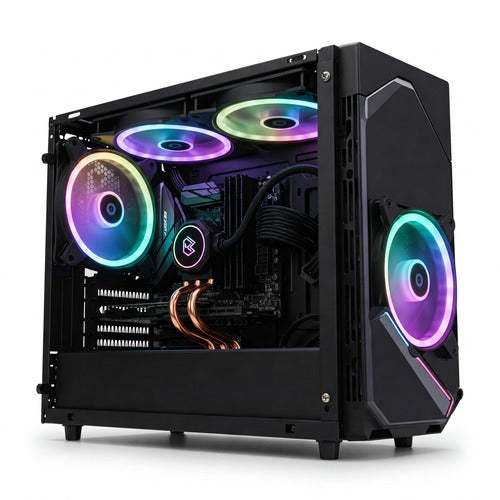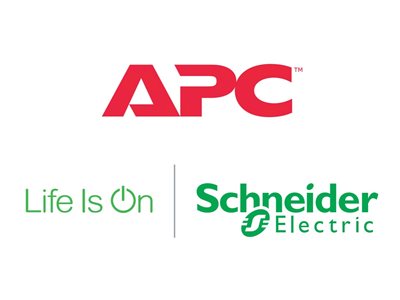Keep Your Cool: The Vital Benefits of Cooling Systems for Electronics and Computers
In our increasingly digital world, electronics and computers are the workhorses that power our lives. From the smartphones in our pockets to the servers that run global networks, these devices are constantly processing information and generating heat. While a little warmth might seem innocuous, excessive heat is the silent enemy of electronic performance and longevity. This is where effective cooling systems step in, playing a crucial role in keeping our technology running smoothly and efficiently.
Ignoring the need for proper cooling can lead to a host of problems, from frustrating slowdowns and unexpected crashes to permanent hardware damage and costly replacements. Let's delve into the essential benefits of implementing robust cooling systems for your electronics and computers.
1. Enhanced Performance and Stability:
Heat is a major bottleneck for electronic performance. As components heat up, their electrical resistance increases, leading to slower processing speeds and reduced efficiency. In extreme cases, thermal throttling mechanisms kick in, intentionally reducing performance to prevent overheating. Effective cooling systems dissipate this excess heat, allowing your devices to operate at their optimal speeds and maintain stable performance, even under heavy loads. Whether you're gaming, running demanding software, or processing large datasets, proper cooling ensures a smoother and more responsive experience.
2. Extended Lifespan of Components:
Excessive heat is a primary contributor to the degradation and eventual failure of electronic components. High temperatures accelerate chemical reactions within semiconductors and other materials, leading to premature wear and tear. By keeping components within their safe operating temperature range, cooling systems significantly extend their lifespan. This translates to fewer hardware failures, reduced repair costs, and a longer overall lifespan for your valuable electronics and computers.
3. Prevention of Data Loss and Corruption:
Overheating can lead to unpredictable system behavior, including crashes and freezes. During these events, there's a significant risk of data loss or corruption, especially if you're in the middle of saving important files. Reliable cooling systems help prevent these thermal shutdowns, safeguarding your valuable data and ensuring the integrity of your files.
4. Increased Energy Efficiency:
When electronics overheat, they often require more power to operate correctly. Cooling systems help maintain optimal operating temperatures, allowing components to function efficiently and draw less power. This not only reduces your energy consumption and lowers electricity bills but also contributes to a more environmentally friendly operation.
5. Quieter Operation:
While some cooling systems, particularly inadequate or poorly maintained ones, can be noisy, well-designed and efficient cooling solutions often contribute to quieter operation. By effectively managing heat, fans don't need to spin at maximum speed constantly, resulting in a less distracting and more comfortable working or gaming environment.
6. Enabling Overclocking (for Enthusiasts):
For users who push their computers to the limit, such as gamers and content creators, robust cooling systems are essential for overclocking. Overclocking involves running components at higher clock speeds than their factory settings to achieve increased performance. However, this generates significantly more heat, making effective cooling a prerequisite to maintain stability and prevent damage.
Types of Cooling Systems:
The type of cooling system required depends on the specific electronic device and its heat output. Common cooling solutions include:
- Passive Cooling: Utilizing heat sinks to dissipate heat without active components like fans. Often used in low-power devices.
- Active Cooling: Employing fans to actively move air across heat sinks, providing more efficient heat dissipation. Common in desktops and laptops.
- Liquid Cooling: Using a liquid coolant to absorb and transport heat away from components to a radiator, where it's dissipated by fans. Offers superior cooling performance for high-end systems.
- Hybrid Cooling: Combining elements of passive and active cooling for optimal efficiency and noise reduction.
The Importance of Maintenance:
Even the best cooling systems require regular maintenance to function effectively. Dust buildup on heat sinks and fans can significantly impede airflow and reduce cooling efficiency. Regularly cleaning your devices' cooling components is crucial for maintaining optimal performance and preventing overheating.
Keep Your Electronics Thriving:
In conclusion, cooling systems are not just an accessory for electronics and computers – they are a fundamental requirement for ensuring optimal performance, extending lifespan, preventing data loss, and promoting energy efficiency. By understanding the benefits of proper cooling and investing in appropriate solutions, you can keep your valuable technology running smoothly, reliably, and for years to come. Don't let heat be the silent killer of your electronics – prioritize cooling and keep your devices thriving.







